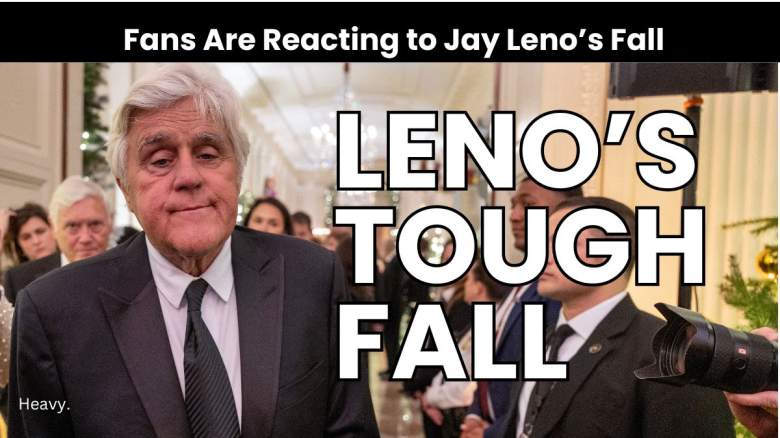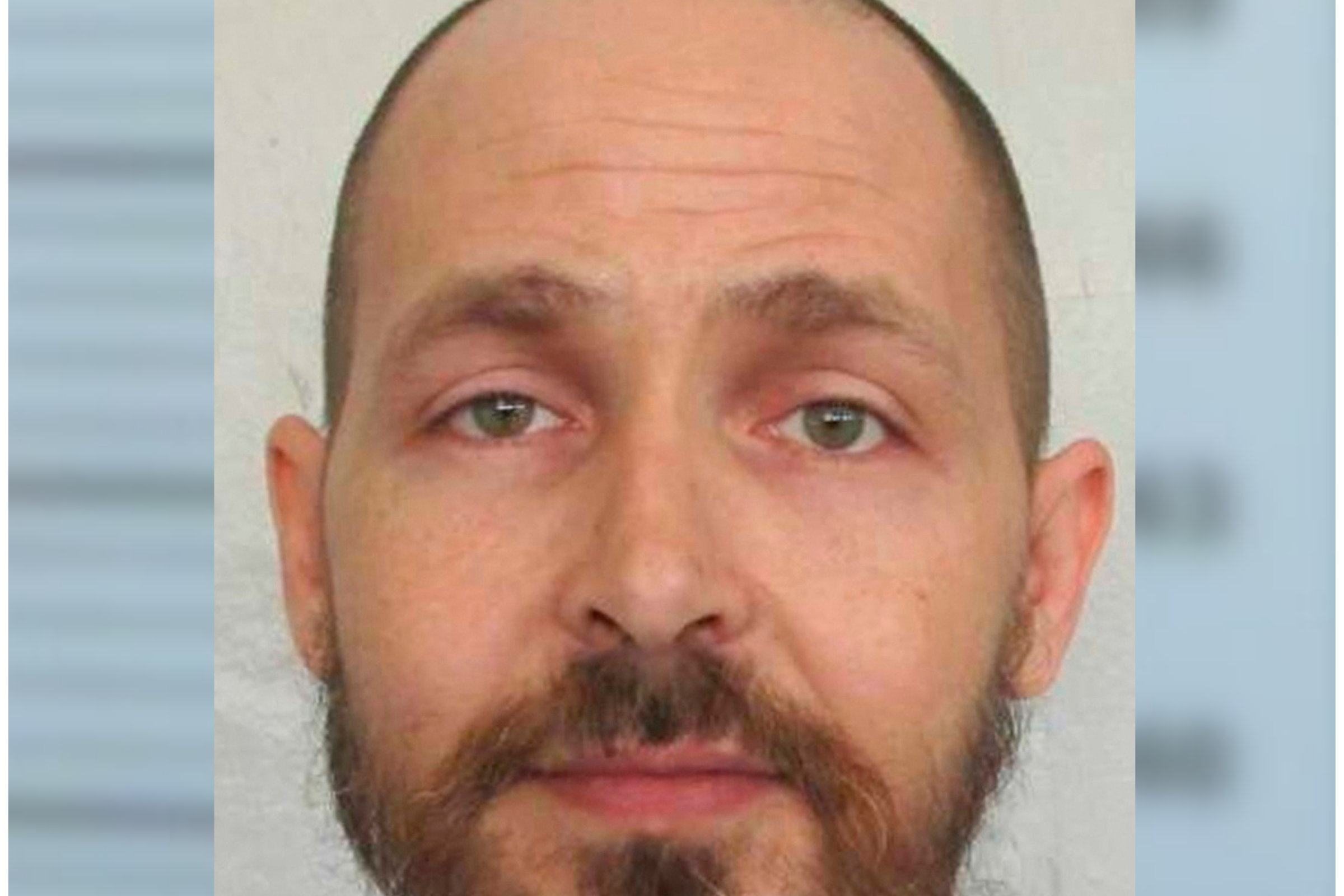A senior Israeli diplomat told Newsweek that the International Criminal Court's decision to issue an arrest warrant for Israeli Prime Minister Benjamin Netanyahu represented a victory for Hamas and its allies amid the ongoing war that has shaken the Middle East for over a year.
The ICC announced Thursday that it had issued the warrant for Netanyahu and his former Defense Minister Yoav Gallant "for crimes against humanity and war crimes," alleging that "both individuals intentionally and knowingly deprived the civilian population in Gaza of objects indispensable to their survival, including food, water, and medicine and medical supplies, as well as fuel and electricity."
The ICC also issued an arrest warrant for the head of Hamas' Al-Qassam Brigades military wing, Mohammed Deif, for his role in the "mass killing of members of the civilian population" during the large-scale attack last October that sparked the current conflict.
With Netanyahu now facing potential detainment in up to 124 nations that are parties to the ICC's founding Rome Statute, Israeli Consul General in New York Ofir Akunis called the move "the most disgraceful decision" by the court, which he argued has "once again failed actually to make the difference between a lawful and democratic state and the world's most brutal terrorist organizations."
The decision comes as the Israel Defense Forces (IDF) continues to engage in battle with the Palestinian Hamas movement in Gaza and the Lebanese Hezbollah movement in Lebanon. As talks play out in an effort to establish ceasefires on both fronts and return up to 100 hostages held by Palestinian factions in Gaza, Akunis argued that the ICC has effectively granted a boost to Israel's foes and their wartime objectives.
"What is the message to Hamas? What is the message in accordance with the hostages deal?" Akunis asked. "By the way, there is a negotiation in Tel Aviv right now about the Lebanon issue, and I think that the message that the ICC sent this morning actually to Hezbollah and to Hamas and to the others is that it's okay to attack Israel, it's okay maybe to initiate another October 7 massacre."
He asserted that discussions were being held in the Israeli Foreign Ministry to determine the legal steps to take regarding the ICC's move.

Hamas also reacted to the decision on Thursday, with spokesperson and Political Bureau member Basem Naim saying that the action was "an important step towards justice and can lead to redress for the victims in general, but it remains limited and symbolic if it is not supported by all means by all countries around the world to implement it."
"This is a first step showing international commitment to justice," Naim said in a statement shared with Newsweek. "A message must be sent to every war criminal that he will not escape punishment regardless how long it will take and no matter how much he tries to mislead people or distort the narrative, truth will prevail."
Deif, the longtime Hamas military head named in a separate ICC warrant on Thursday, was announced dead by the IDF in August after a raid conducted the previous month, but the group has yet to confirm his fate.
Applications for two other top Hamas officials named in the original ICC investigation opened against both the group and Israel in May, then-Political Bureau leader Ismail Haniyeh and Gaza chief Yahya Sinwar, were withdrawn due to their confirmed deaths. Haniyeh was killed in Iran in late July in a still unclaimed operation, while Sinwar was slain during an IDF operation in Gaza last month.
The ICC has asserted jurisdiction in both cases due to the West Bank-based Palestinian National Authority's signing of the Rome Statute in 2015. Israel, which is not a party to the ICC, has rejected any role for The Hague-based court in the conflict as it does not recognize Palestinian statehood.
The United States, a close ally of Israel and also not an ICC member, condemned the judiciary's decision to open a probe into Israel in May. The U.S. State Department canceled its daily press briefing on Thursday after the news of the ICC's decision.
While opposed to ICC intervention in the matter, President Joe Biden's administration has repeatedly called on Israel to do more to ensure the flow of humanitarian aid into Gaza. Israeli officials have repeatedly denied they intentionally blocked access to critical assistance and have accused Hamas of stealing food, medicine and other items amid reports of looting and a breakdown of the security situation in Gaza.
President-elect Donald Trump took an even harder line against the ICC during his first term. The Trump administration issued sanctions against ICC officials involved in investigations of U.S. personnel for alleged war crimes conducted in Afghanistan and threatened further measures in response to ICC probes against the U.S. and its allies, especially Israel.
"I'm very happy to hear that officials in the next administration in the United States, and the current members of the Congress and the Senate actually declared that they will change the laws against the ICC," Akunis said, "because this is really not an ICC anymore. There's no justice."
In an interview with Newsweek in September, ICC chief prosecutor Karim Khan vowed to pursue the investigations into officials of both Israel and Hamas with impartiality and strict adherence to the legal process despite political pressures.
"Whether they're the families in the kibbutzim that are mourning the people killed from the seventh of October, or that are so horrendously being kept today, or they don't know, the fear, the terror of the unknown of where they are, or it's Palestinians in the West Bank or in Gaza," Khan said at the time, "they have the right, not as a charity, not as a favor to them, but they have a right to be seen by the law."
"And then the law has an obligation to analyze information in this environment, separate fiction from fact, and then present it to judges," he added. "And we'll keep doing that, irrespective of what happens. It's why we have an International Criminal Court."
While Rome Statute members have an obligation to execute arrest warrants issued by the ICC, the repercussions for not doing so remain ill-defined. In September, Mongolia declined to take action during a visit from Russian President Vladimir Putin, who also faces ICC arrest warrant over allegations of war crimes committed by Russian forces in Ukraine, drawing criticism ICC member states, including countries of the European Union.
A number of countries, including Belgium, France, Jordan and the Netherlands, have already stated that they would enact an arrest warrant against Netanyahu if he were to visit their respective nations.
Akunis called on them to reconsider and for the entire international community "to draw a clear line and state clearly that they will not accept this political decision."
"The decision actually send a message today, to the Western world, to the United States, and to other democratic countries," he said, "that today it's Israel, today it's Prime Minister Netanyahu and former defense minister Gallant, tomorrow maybe it's you."




















 English (US) ·
English (US) ·